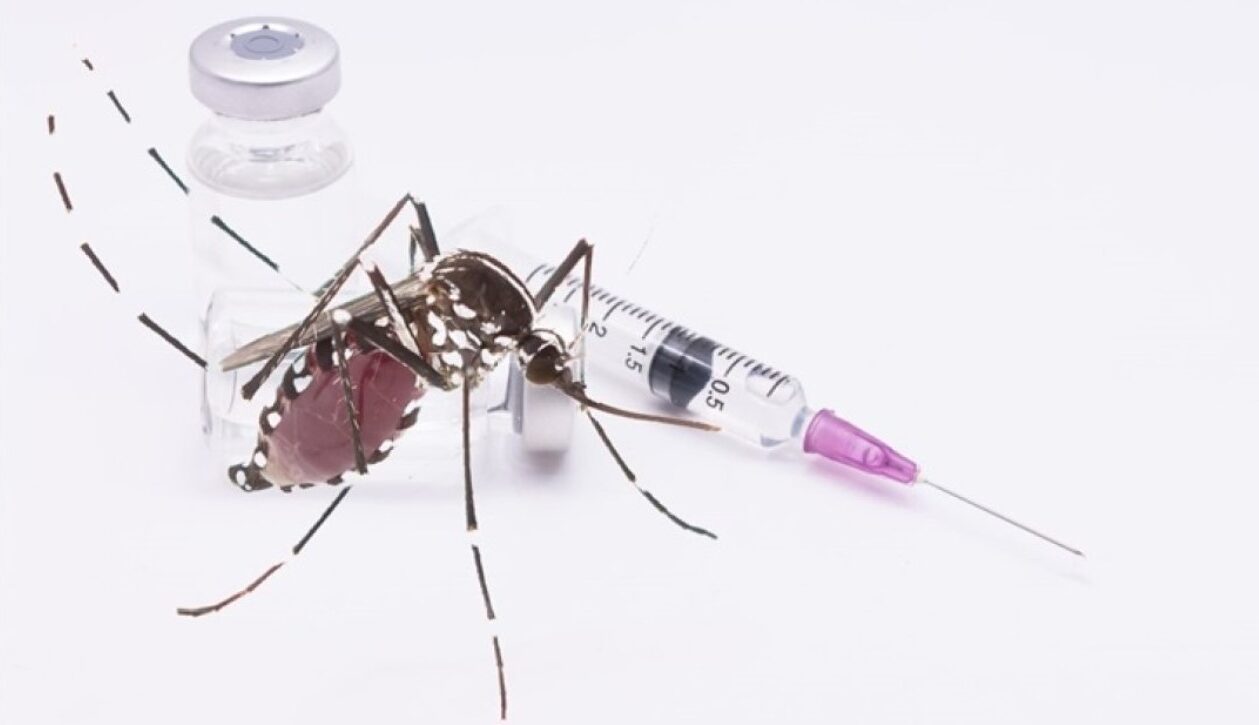Calls for Ukraine
Calls for Europe
Calls for USA

Scientists have created insects with enhanced immunity to the diseases they carry, a new study says.
Mosquitoes are usually associated with serious diseases such as malaria, dengue fever and yellow fever. However, researchers from Leiden University Medical Center (LUMC) and Radboud University in the Netherlands have found a valuable new role for these insects: as vaccine carriers.
According to scientists, they were able to successfully design a vaccine to be delivered by mosquitoes, capable of significantly enhancing immunity against malaria in the long term.
Scientists estimate that more than 240 million cases of malaria are registered in the world every year. Children and expectant mothers are most susceptible to the disease.
How does a vaccine delivered by mosquitoes work?
The vaccine uses a weakened strain of Plasmodium falciparum, the parasite that causes the deadliest form of malaria in humans.
“We removed an important gene in the malaria parasite, allowing the parasite to infect people but not cause disease” explains vaccinologist Meta Roestenberg, professor of vaccinology and clinical director of the Center for Controlled Human Infections at LUMC.
Typically, the malaria parasite is transmitted to humans through a bite. The mosquito uses its long, needle-like proboscis to puncture the skin and injects its saliva into the bloodstream before sucking blood. The parasites in the saliva go straight to the liver, where they multiply rapidly and then leave the liver and infect red blood cells with malaria. This results in symptoms such as fever, chills and sweating.
In clinical trials, the research team used mosquitoes carrying the modified parasite to deliver the vaccine through their bites, replicating the natural process of malaria transmission.
Because an important gene in this parasite is turned off, it cannot complete its development in the liver, cannot enter the bloodstream and therefore cannot cause symptoms of the disease.
How was the research conducted?
The first trial tested an injectable malaria vaccine derived from a genetically modified parasite. The study involved 67 participants from two cities in the Netherlands (Leiden and Nijmegen).
The results of the study, published in May 2020 in the journal Science Translational Medicine, showed that the vaccine was safe to use and delayed the onset of malaria, but did not prevent the disease.
In the second study, participants, neither of whom had previously had malaria, received two varieties of vaccine delivered by mosquitoes – GA1 and its modified version GA2. With the GA1 vaccine, the parasite multiplied in the liver within 24 hours. With the GA2 vaccine, the parasite multiplied for a longer period of time – up to a week – allowing the immune system more time to recognize and start fighting it.
The immunized participants then received five bites from mosquitoes carrying the malaria parasite.
According to the study, 13 percent of the participants in the GA1-infected group and 89 percent of the participants in the GA2-infected group developed immunity to malaria. No one in the placebo group developed immunity.
Do any additional studies need to be done?
Experts say that because the sample size in the clinical trial was small (20 participants), the GA2 vaccine needs to be tested in larger studies.
Please rate the work of MedTour
